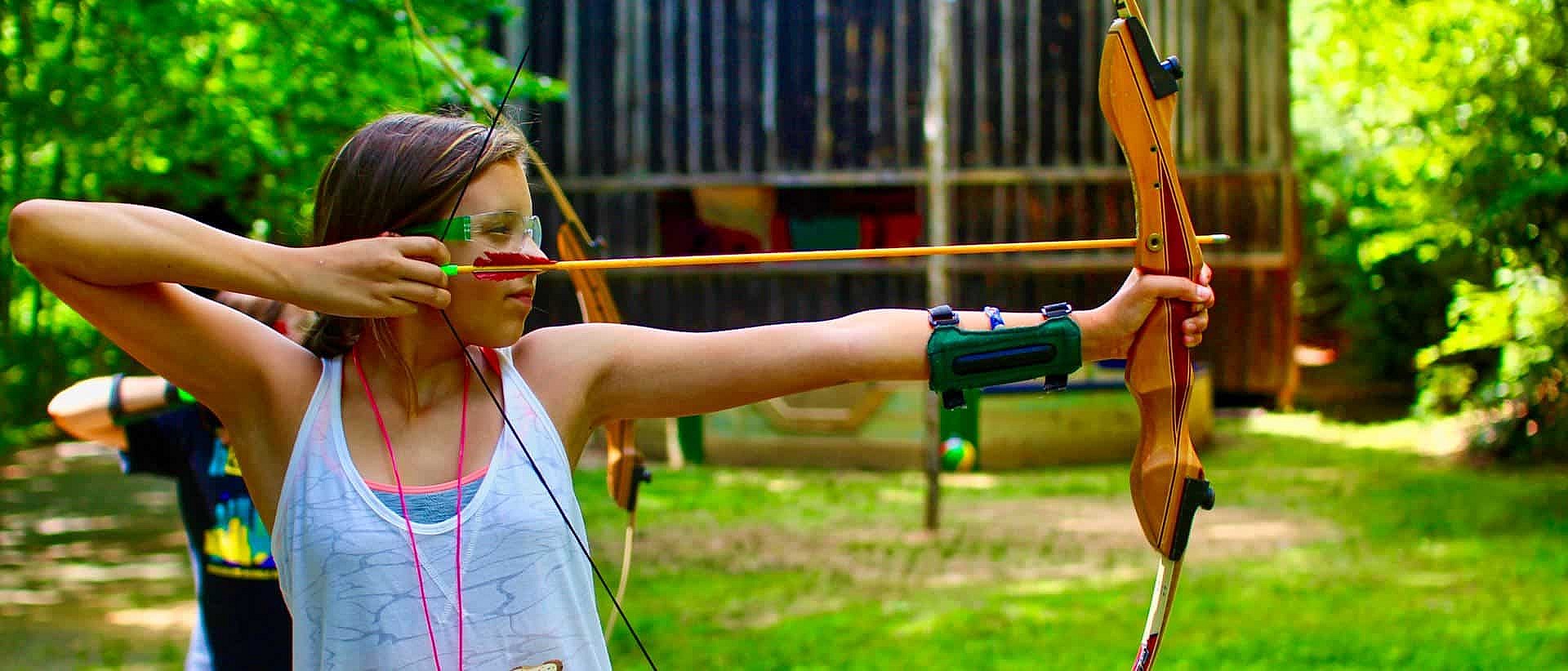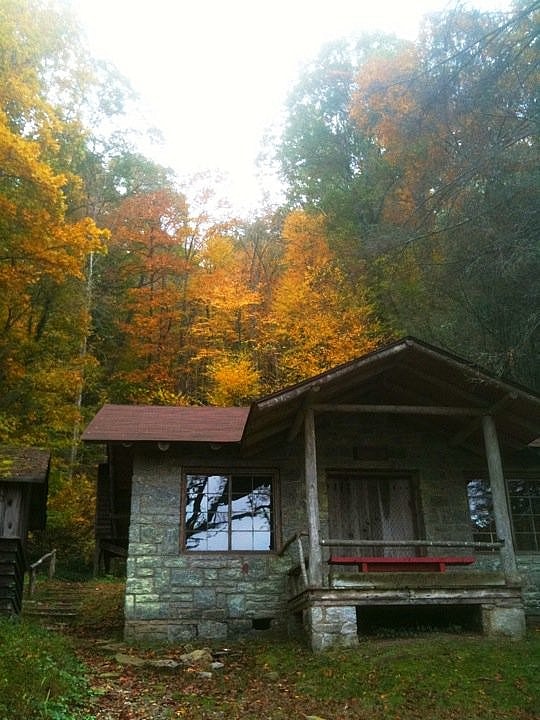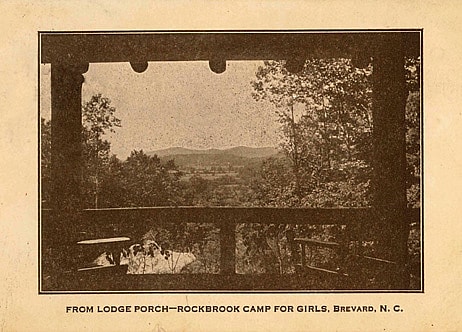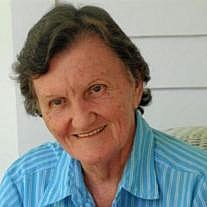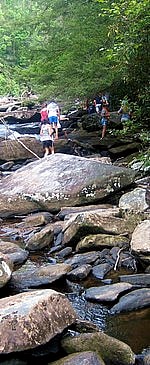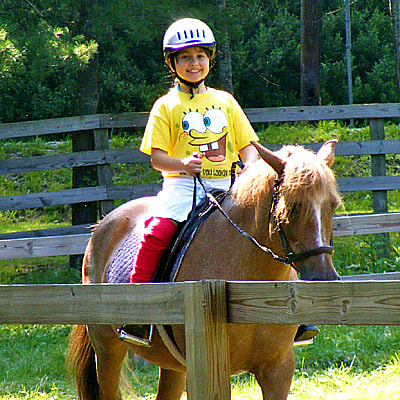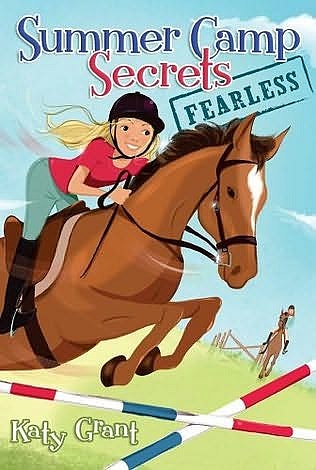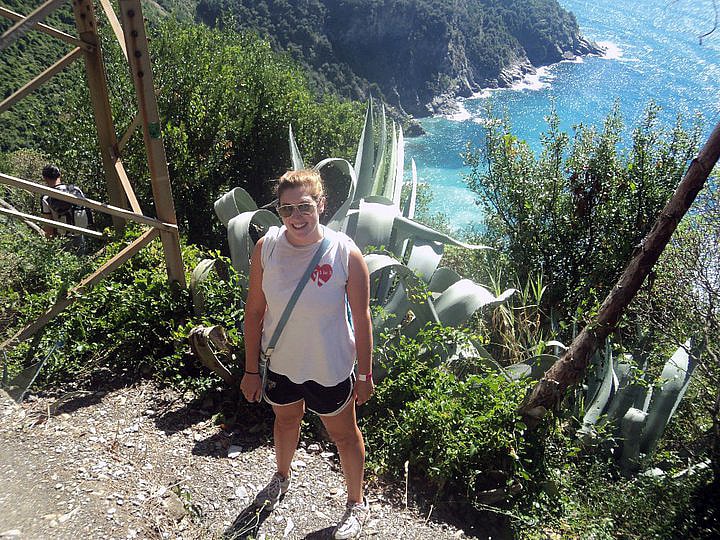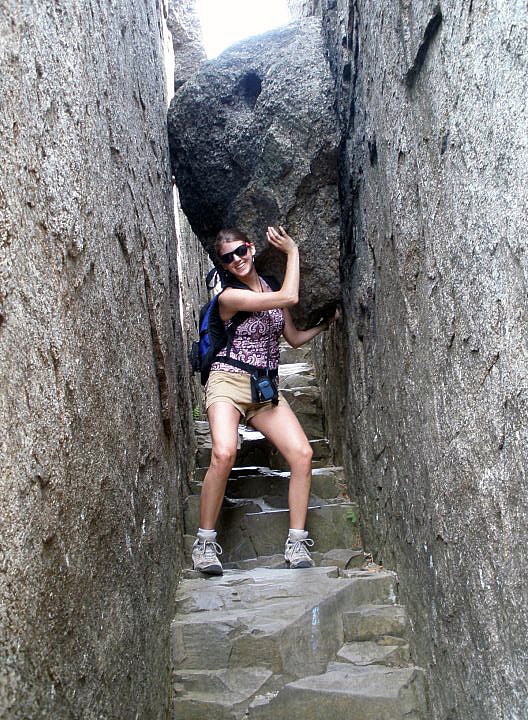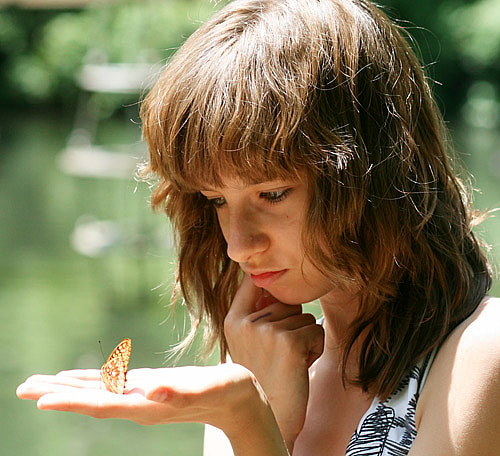While doing some research for the Rockbrook archives we came across this fascinating article printed in The New York Times in 1888. It is another written source that connects Rockbrook, Goodwill Cabin, Goodwill Plantation, Nancy Carrier and P.T. Barnum. What an interesting history!
Barnum’s Gift To A Granddaughter.
From the Columbia (S.C.) Register. October 18
It is evident that the renowned P.T. Barnum has a good opinion of South Carolina real estate, for he has recently given to his granddaughter, the wife of Henry P. Clarke, $100,000 for the purpose of buying and equipping the noted “Goodwill” plantation, which was formerly owned by the late Judge Edward Elliot Huger. The transfer of the property took place yesterday. Mr. Clarke owns another plantation near Eastover, where they have resided for several years. “Goodwill” is one of the finest estates in the South, containing upward of 7000 acres, including a magnificent water power. Several hundred acres of the richest river bottoms are protected from overflow by a levee extending for five miles along the banks of the Wateree River. The other improvements on the property are upon the same scale.
Right around the time that Nancy Barnum Clarke and Henry Clarke received their gift from P.T. Barnum they also purchased 300 acres in Brevard that would later become Rockbrook Camp. Their daughter Nancy Clarke Carrier grew up spending time between Brevard and Goodwill Plantation. She founded Rockbrook in 1921. Goodwill and Curosty are two cabins central to the heart of camp and are still in use today. What an amazing gift from P.T. Barnum!

